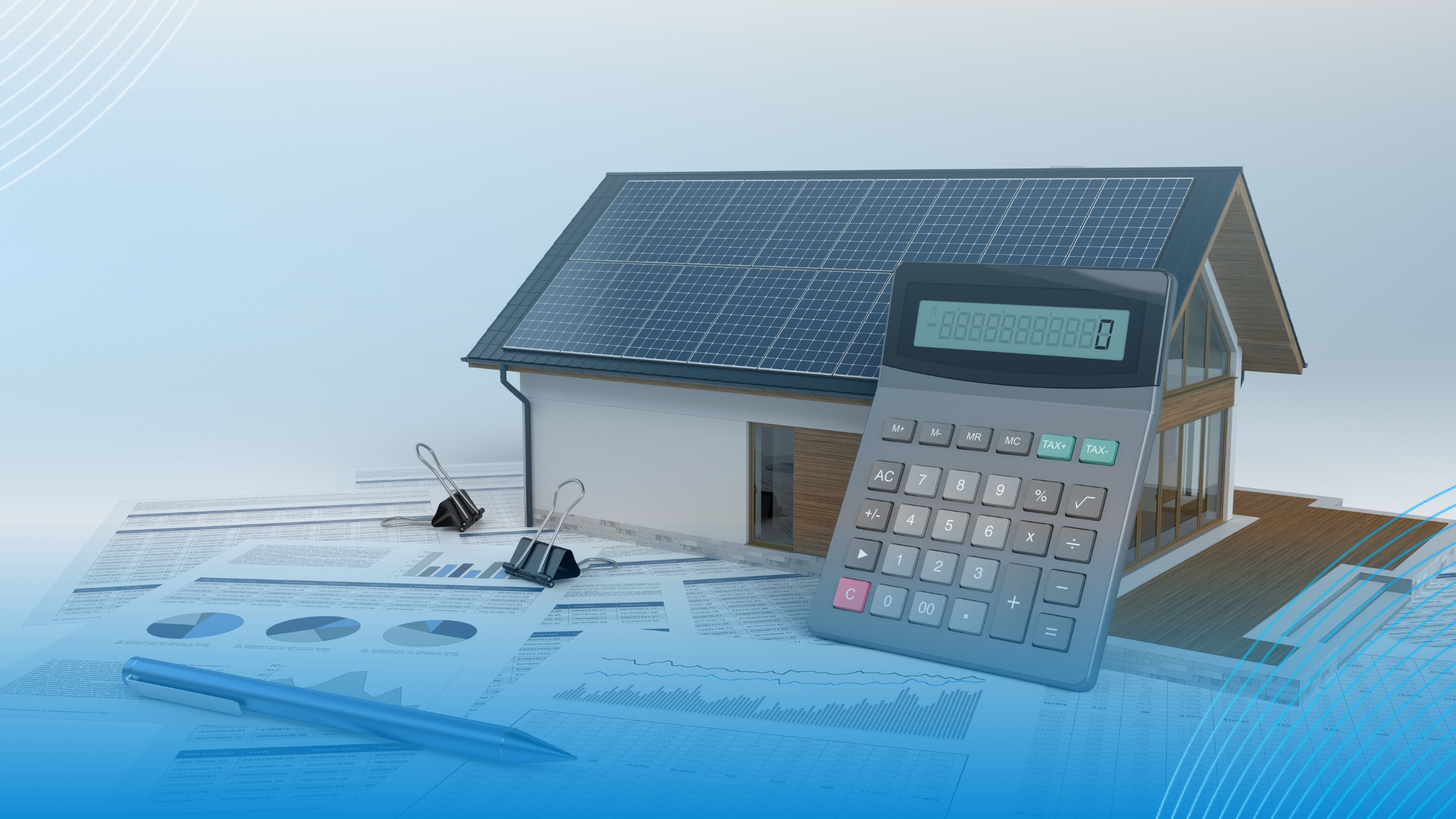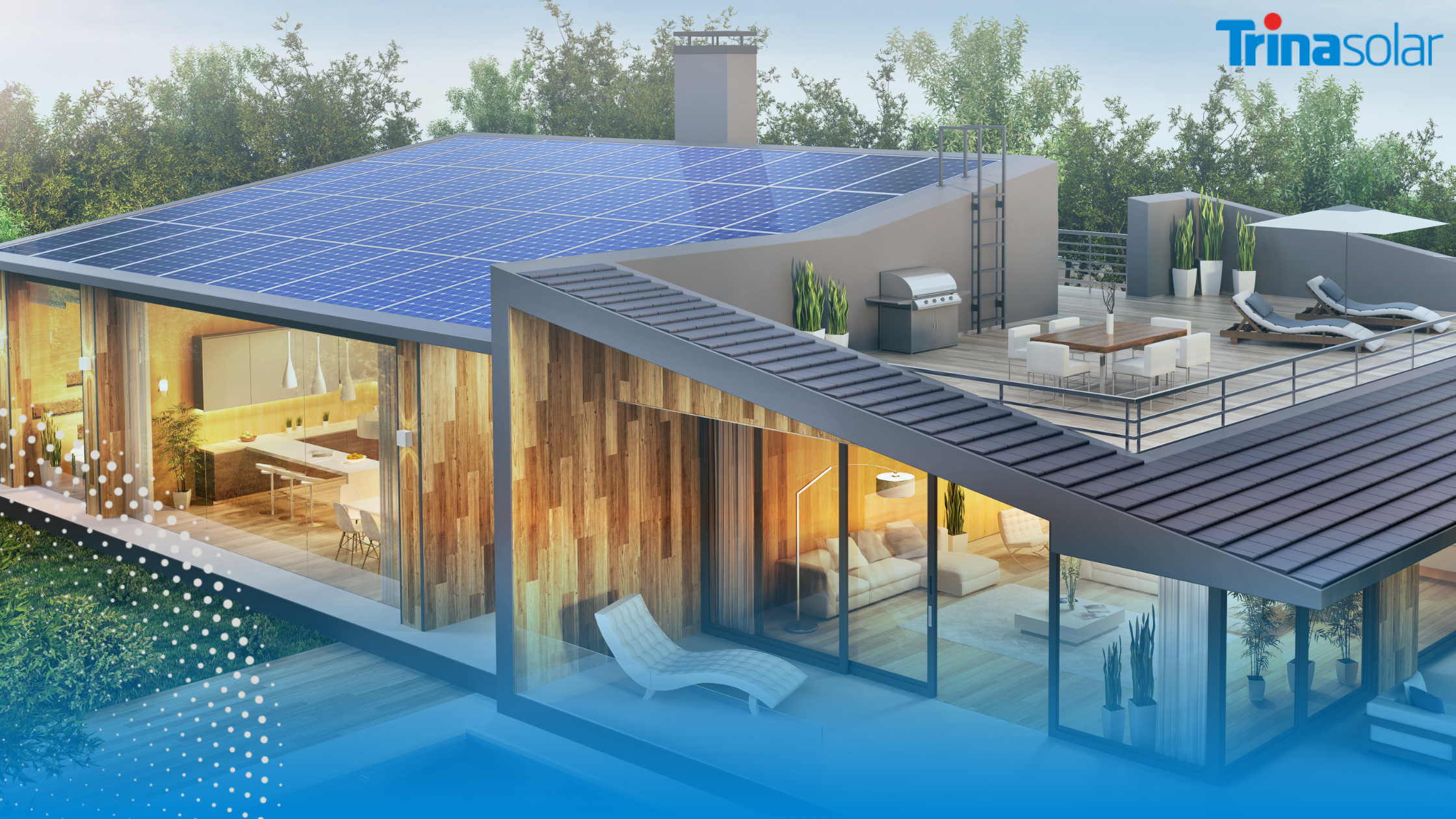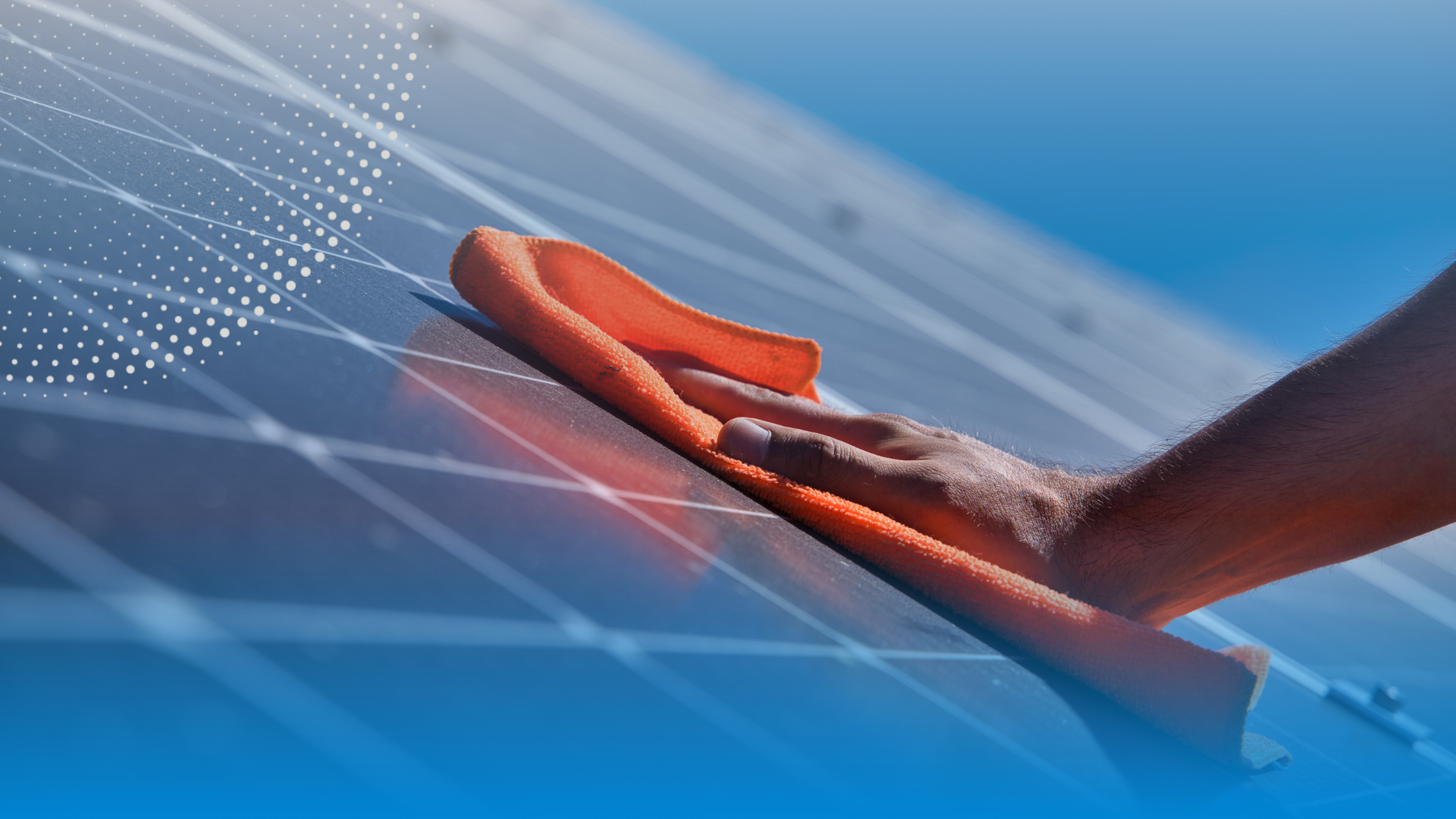Europe’s going Solar - Here’s Why You Should Too
- 22/02/22
- Customer Value,Responsible Earth,Trina Success
Europe’s going Solar
Homeowners in Europe are stepping up their efforts to combat climate change by switching to greener energy alternatives. One of the easiest, but arguably most significant, steps to take on your journey to carbon neutrality is installing solar panels. And as well as the environmental advantages, homeowners are reaping the financial rewards. The benefits of solar have caused a rapid growth of solar panel installation across the continent. ¹
2021 was the best year in European solar history so far. When comparing 2021 to 2020, there was a 34% rise in photovoltaic panels connected to the grid. These results overshot all forecasts, especially considering the uncertainty and financial setbacks caused by the pandemic. The initial upfront cost of solar panel installation may be an investment, but the advantages of solar energy more than compensate for the initial cost.
It’s clear that European homeowners across the region are making the shift to solar, but why should you?
Advantages of Solar Energy
Save on electricity bills
Installing solar panels has the potential to significantly reduce electricity bills. With utilities on the rise, analysts forecast that electricity rates will increase annually. ² Solar panels allow you to increase self-sufficiency by around 30%, meaning you’re less dependent on the grid.
In the European Union, the number of remote workers during the pandemic increased by 48%, causing a spike in our average household spending as more energy is used at home throughout the day. Switching to solar energy can help offset this price increase. Similarly, the number of electric vehicles being bought across Europe has risen over the last few years. Solar panels provide a way to charge your car without needing to rely on or pay for public charging stations.
Increase property value
One aspect that people wonder about is how long it will take to make back your money after initial purchase. When buying a house that already has solar panels, there’s no big upfront cost to buy and install, so you’re instantly saving money on bills. This makes a property with solar panels more attractive to buyers, reducing the time it takes to sell as well as increasing its resale value.
It’s worth noting that the return on investment for your solar panels will depend on how high the electricity rate is in your area. The higher the rate, the higher the value of the energy you’re producing, so your panels will return their investment faster.
Becoming energy independent
Grid infrastructure utilisation changes seasonally, causing unstable pricing. As demand increases and power is more valuable to the market, our household bills increase. These unpredictable rate increases make it impossible to predict energy bills from month to month. Solar panels allow for reducing your dependence on the power grid and energy companies. Energy independence can improve energy security, including as a more eco-friendly power source for your home and electric vehicles.
Although solar panels alone may not be enough to power your home, pairing them with a storage system can increase your energy independence by 70-90%. For example, excess energy can be stored at home with a generator or high-capacity backup battery to power household appliances at night.
In a smart home, a central computer manages energy flows combining input from the photovoltaic system and grid into the battery ³. The system can also be configured to utilise electric vehicles as a storage device, extracting electricity from the car back into the household and vice versa.
Reduce your carbon footprint
Non-renewable energy such as coal, natural gas, and petroleum release harmful carbon dioxide (CO2) emissions when they’re generated. Although oil and natural gas were still the most significant fuel sources in the EU energy mix in 2020, renewable energy’s share continues to rise, actually surpassing coal and nuclear. Generating renewable energy, like solar, doesn’t release any CO2 into the atmosphere. Sourcing our power this way is crucial for preventing further environmental damage and slowing down climate change.
On an individual level, installing solar panels allows us to power our homes and businesses without releasing any pollution into the local area. Solar panels have the potential to save the average home around one tonne of CO2 each year. In 2019 the total carbon footprint per person in the EU was 6.7 tonnes of CO2, meaning installing panels can reduce your footprint by 15%. Installing panels at home also reduces the number of homes using the electric grid as their sole power source in periods of extreme demand. Plus, they have a usable life of 25+ years and are recyclable once they reach their end.
Minimal maintenance
Maintaining a solar system requires minimal maintenance and maintenance costs. In Europe, where there are few storms or extreme weather incidents, damage to your panels is unlikely. If they do get damaged by a natural event, the repairs are covered by the homeowner’s insurance.
When it comes to general maintenance, it doesn’t take a lot to make sure your panels keep working at their best. Semi-regular surface cleaning keeps them producing solar energy year-round, even in low light conditions. Particularly with flat panels or during dry periods, dirt and debris can collect on the surface. Periodically going over them with a leaf blower or hose will wash away residue in a matter of minutes. Tilted panels require even less maintenance, as rainfall clears away most accumulated debris. The general recommendation for solar panel cleaning is just 2-4 times per year.
Are you ready to get energy independence in your home?
Solar energy is a worthwhile long-term investment for the future. Reduced bills, minimal maintenance costs, increased property value as well as government financial incentives offered for solar panels are all excellent reasons for switching to solar.
Outside of the financial benefits, solar also allows homeowners to reduce their dependence on the electricity grid by 30%, and up to 70-90% with power storage. Of course, one of the most significant advantages of solar is the reduction of carbon emissions.
Solar power with Trina Solar is abundant, accessible, and affordable for all homeowners. If you’re interested in finding out more, see why more and more people are making the switch.




